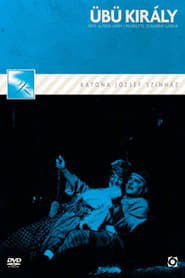detail profile zolt c3 a1n papp

Info Pribadi
Peran Yang Di Mainkan Zoltán Papp
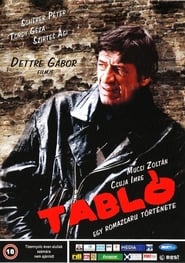 Karcsi a Roma policeman lives with...
Karcsi a Roma policeman lives with...Tabló 2008
Karcsi, a Roma policeman, lives with Eva, a Swede. One day he is called to the scene of the murder of a wealthy trafficker named Schulter. He begins to investigate the crime, interrogate neighbours and suspects, and untangle a complex situation - one that he, himself, complicates even further. For he is a gypsy, who despite being adopted and raised by "regular" Hungarians, has his nose rubbed in his minority status every day. The film, which is based on the novel by Ákos Kertész, is a shrewd genre work full of dusky humour and surreal situations. Tabló follows a vivid succession of strange images that eventually lead to the emergence of the central story about a charismatic police officer on a tireless quest for the truth, though he must fight against virtually everyone and is just as fallible as the next person. Tabló makes a statement on the issue of race and racism - or, indeed, relations between any minority and majority.
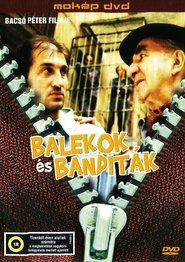 The film has a broken meaning...
The film has a broken meaning...Gulls and Gangsters 1997
The film has a broken meaning, the last time he was a proofreader for a book publisher, he is now unemployed. Ever since he was a child, he has always been the one who pulls the short one, and he takes the wrong one. At the beginning of the film, he finds himself in such a "bunbak" situation again, and then he decides to become a professional bunbak...
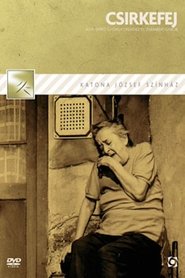 It is a tragedy set among...
It is a tragedy set among...Chickenhead 1986
It is a tragedy, set among low-lifes on the outskirts of Budapest. Dramatic Exchange describes it as "Widely considered to be the most important Hungarian play of the last 20 years". The odd title of the play refers in the first instance to the chicken heads that an old woman feeds to her cat. However, it can also be taken to refer more broadly to the obtuse behaviour of the main characters in the play. The play is an odd mixture of pathos and nihilism, written against the bleak background of Stalinist totalitarianism from which Hungary was emerging. As with much modern drama, there is no hero in the play. The only noble behaviour that one can find belongs to one of the characters in the past, when he was a child, but he is no longer as he was. The hint that what once existed might be achieved again is the only faint ray of hope in a very bleak view of the human condition.
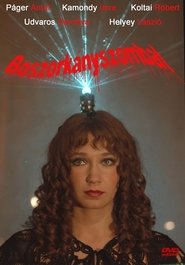 To celebrate Sleeping Beautys awakening the...
To celebrate Sleeping Beautys awakening the...Witches' Sabbath 1984
To celebrate Sleeping Beauty's awakening, the cruel stepmother organises a dress-ball in the Wonder Castle and invites the characters of all tales and their two fathers, the Grimm-brothers. The stepmother announces total peace, but in fact she is preparing for a coup d'état with a phoney prince, a phoney Sleeping Beauty, through intrigue and violence in order to change the tales.
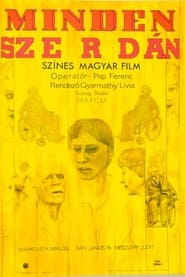 Stephen living in a troubled family...
Stephen living in a troubled family...Minden szerdán 1979
Stephen, living in a troubled family, breaks into a grocery store and wreaks vandalism. He is sent to a reform school. Later he works in a cleaning brigade and accidentally meets József Draskóczi, who denounced him. Draskóczi lives in an unloving, troubled atmosphere with his barren daughter and cynical son-in-law, ascetic about his youthful communist beliefs. He feels responsible for Istvan's fate, offering him a human voice and love. Despite his daughter's hysterical jealousy, he sends Istvan to school and then, through his previous connections, provides him with an apartment...
